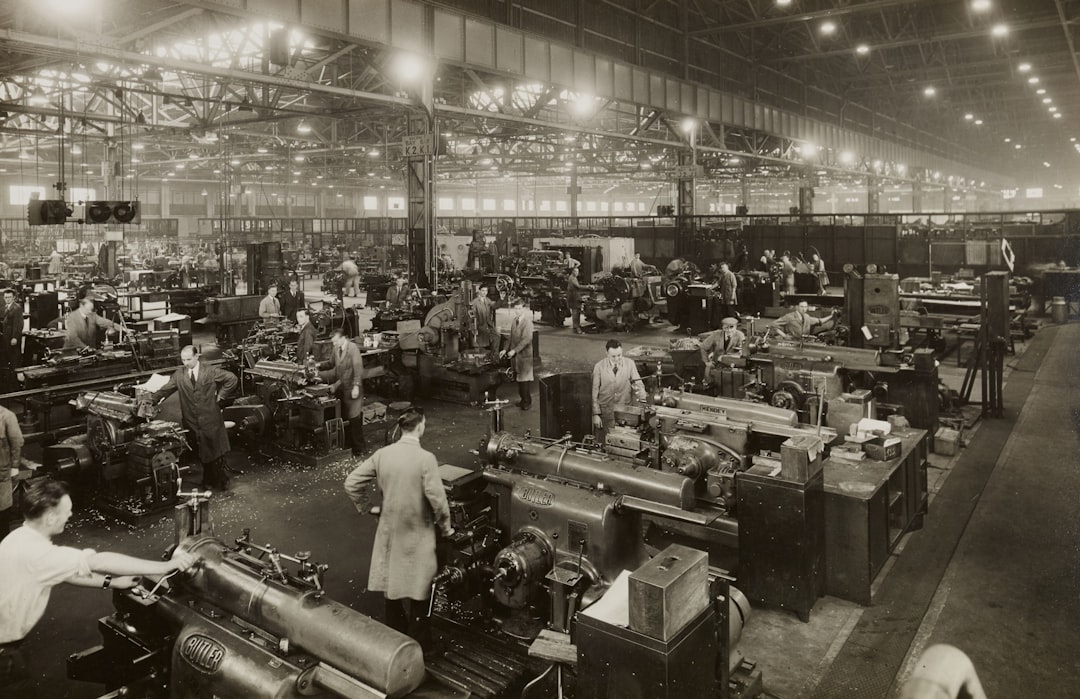What is it about?
This article considers the nature of leadership in local labour organisation, particularly how activism is created and maintained amongst workers. It approaches this question from a historical case study perspective, focusing on the development of the shop steward system at the port of Liverpool during a turbulent period in the late 1960s and early 1970s.
Featured Image
Why is it important?
The existing literature in this area focuses almost entirely on the manufacturing sector. It highlights the central role of politically-conscious leader shop stewards who help to frame and interpret grievance, creating cohesion amongst the workforce. However, the development of the shop steward system at Liverpool docks was heavily contingent on historical traditions and conditions and was therefore not necessarily dependent on an elite of leader stewards. The key contribution of the article, aside from documenting the development of local labour representation at the port, was to question the leader-oriented interpretation of shop steward organisation and illustrate how structural and historical factors can play an important part in dictating the outlook and activism of workers, depending on the industry.
Read the Original
This page is a summary of: From ‘unofficial militants’ to de facto joint workplace control: the development of the shop steward system at the port of Liverpool, 1967–1972, Labor History, June 2017, Taylor & Francis,
DOI: 10.1080/0023656x.2017.1332604.
You can read the full text:
Contributors
The following have contributed to this page










